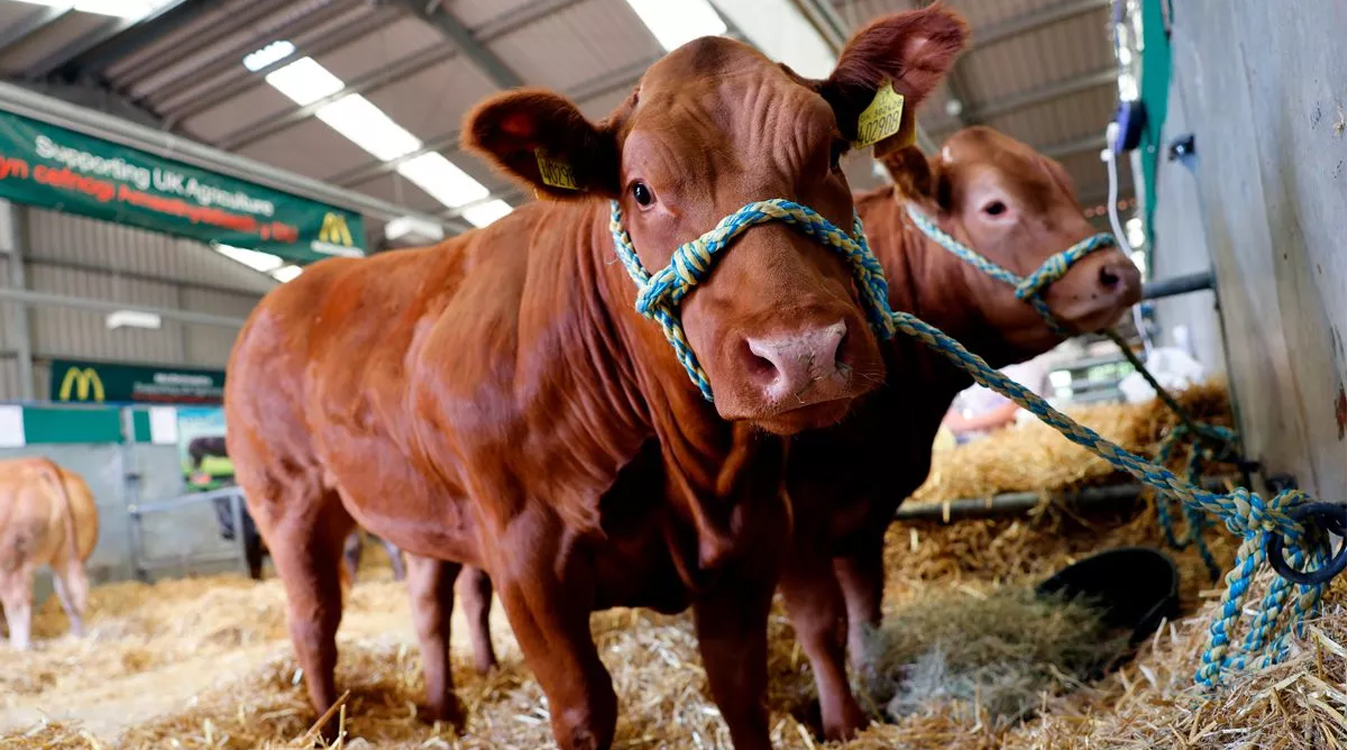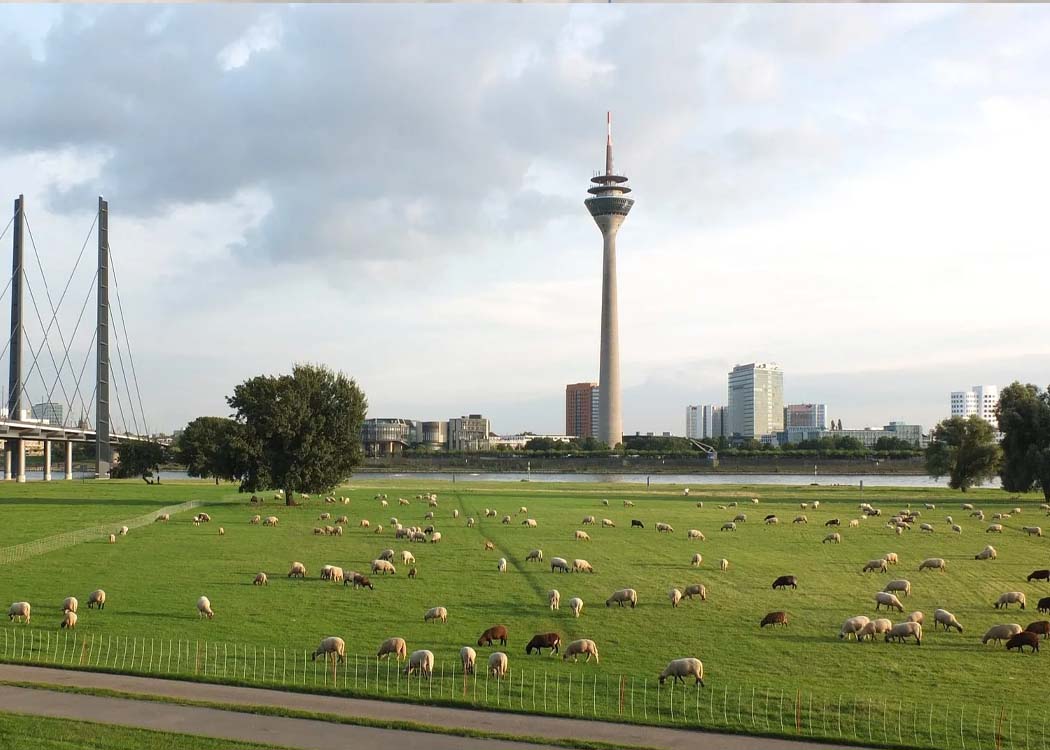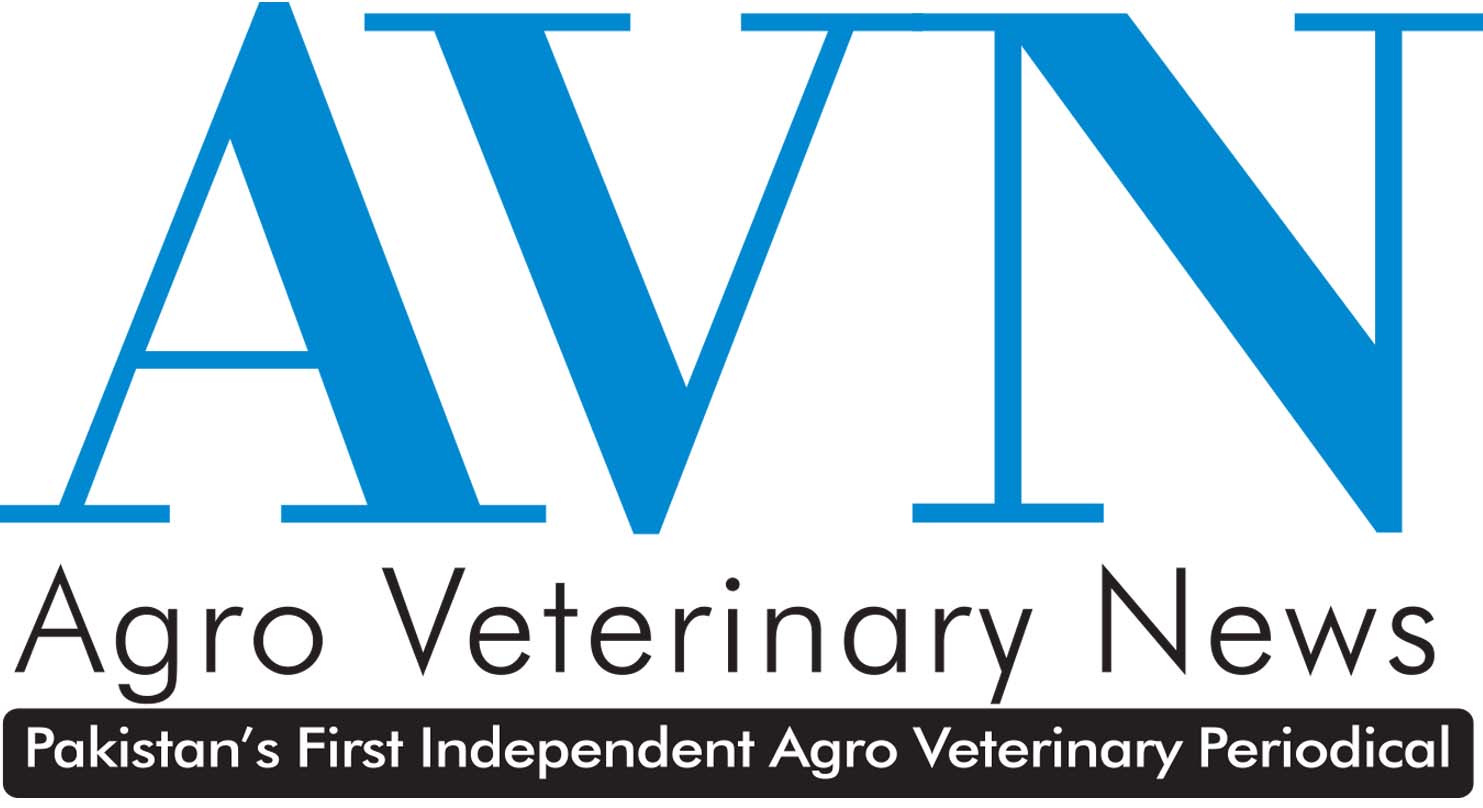Authorities confirm active circulation of Bluetongue Virus Serotype 3 (BTV-3) in Monmouthshire; farmers urged to remain vigilant and consider vaccination to protect livestock and livelihoods.
MONMOUTHSHIRE: Welsh authorities have declared a Temporary Control Zone (TCZ) in Monmouthshire following confirmation of Bluetongue Virus Serotype 3 (BTV-3) on a local livestock premises. The move comes after investigations by the Animal and Plant Health Agency (APHA) and the Pirbright Institute found evidence of active viral circulation on the affected farm.
The Chief Veterinary Officer (CVO) confirmed the presence of BTV-3 on 26 September, prompting immediate disease control measures. The Temporary Control Zone, established at 18:00 on 1 October, aims to prevent further spread of the virus through livestock movements and to enhance surveillance within the region.
Addressing the Senedd earlier in the week, officials noted that the evolving nature of the outbreak may require additional control measures as new information emerges.
Farmers urged to stay alert and act responsibly
In light of the detection, animal keepers have been urged to source livestock responsibly, monitor animals for clinical signs of Bluetongue, and report any suspected cases to the APHA without delay. Cooperation between farmers, veterinarians, and government agencies remains central to containing the disease.
“Vaccination is the best way to protect livestock and livelihoods from the worst impacts of this disease,” the CVO emphasized, encouraging herd and flock owners to discuss vaccination strategies with their veterinarians.
Officials also acknowledged the continued collaboration of the livestock and veterinary sectors in spreading awareness and ensuring compliance with disease control guidance.
Protecting Welsh livestock and livelihoods
Bluetongue, a viral disease transmitted by biting midges, affects cattle, sheep, and other ruminants, leading to significant economic losses. Although it does not affect humans or food safety, the disease can cause severe illness in animals and disrupt trade and movement of livestock.
Welsh authorities reaffirmed their commitment to safeguarding animal health and minimizing the economic impact on the agricultural community.
“We must continue to cooperate to protect Welsh livestock and livelihoods from this potentially devastating disease,” the statement concluded.







